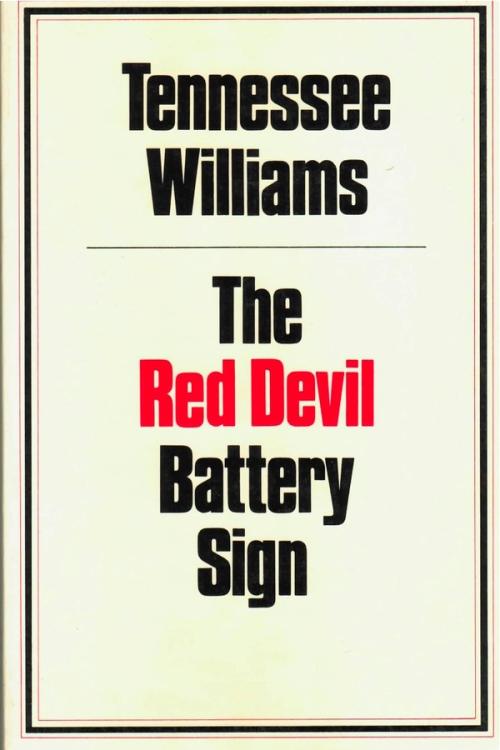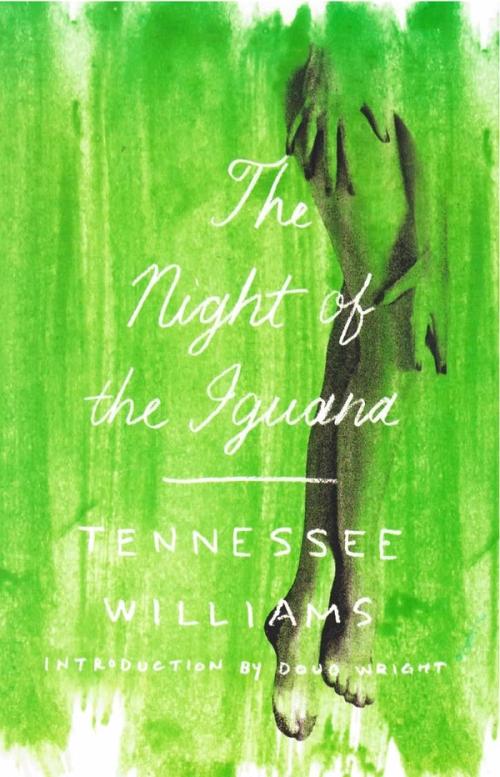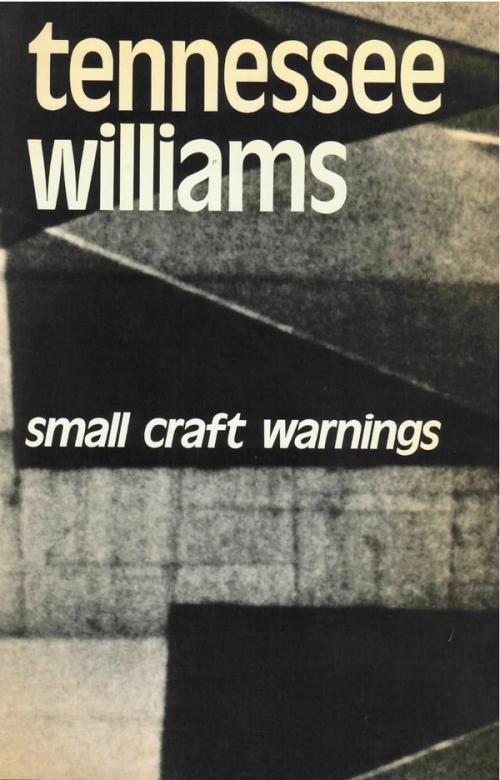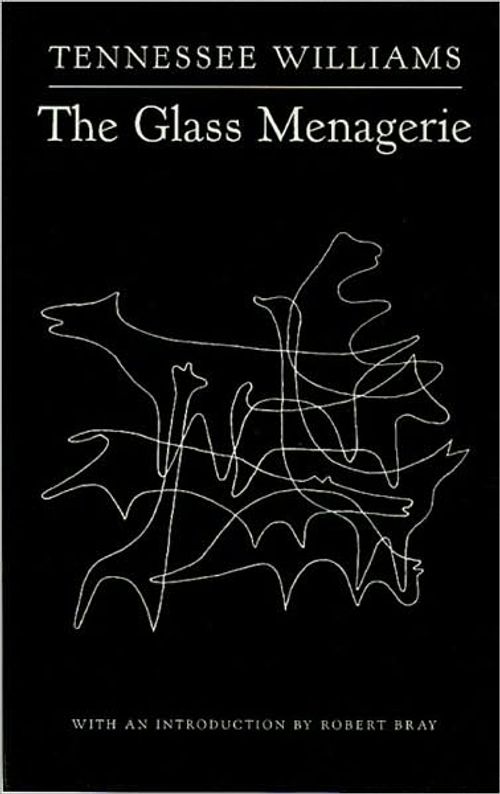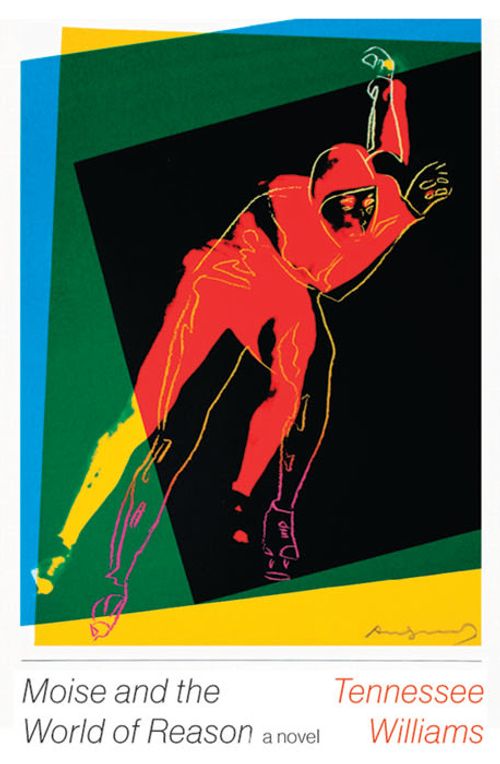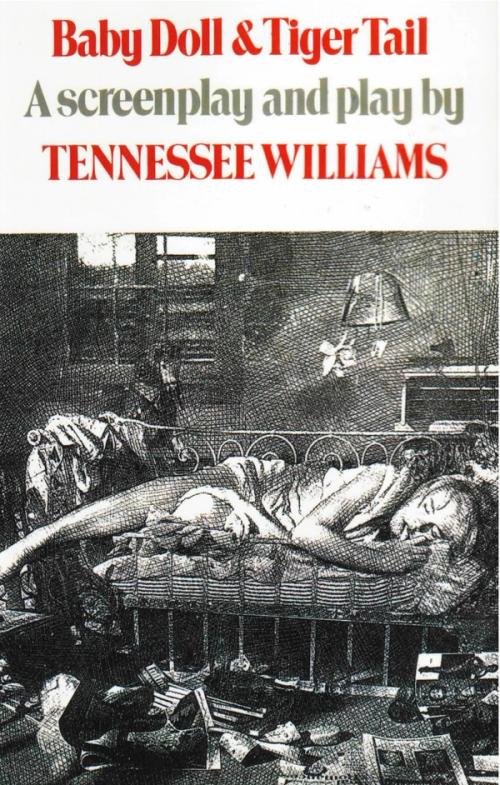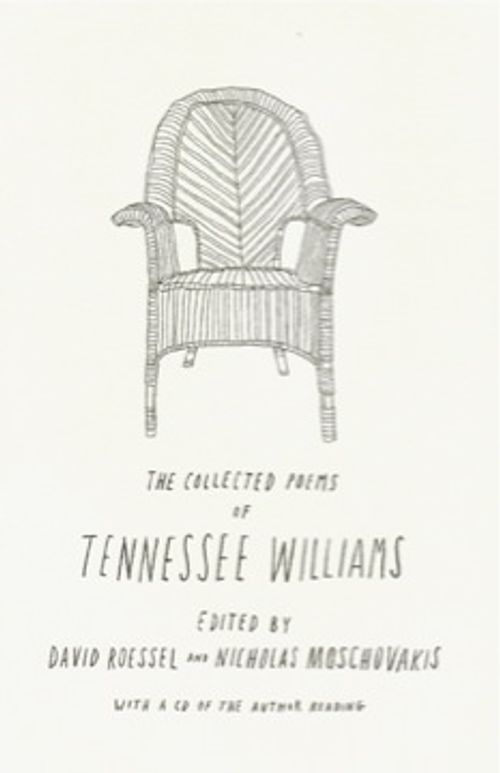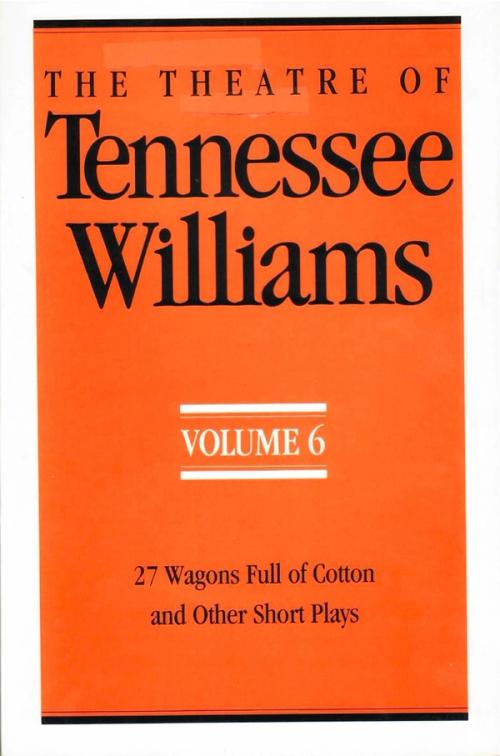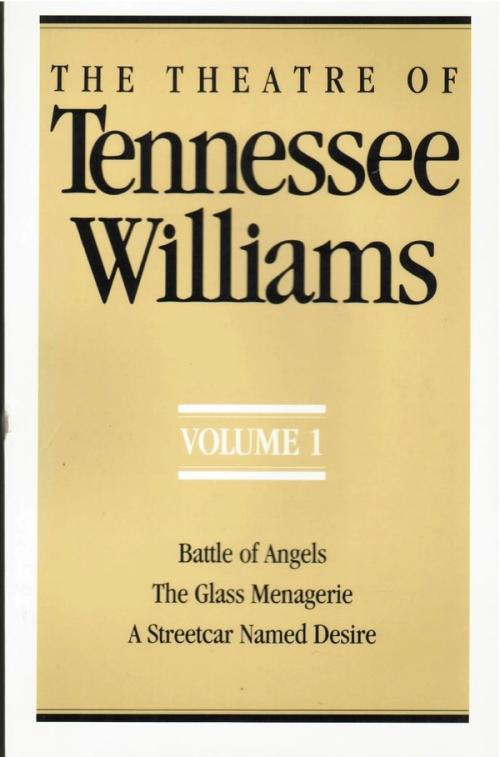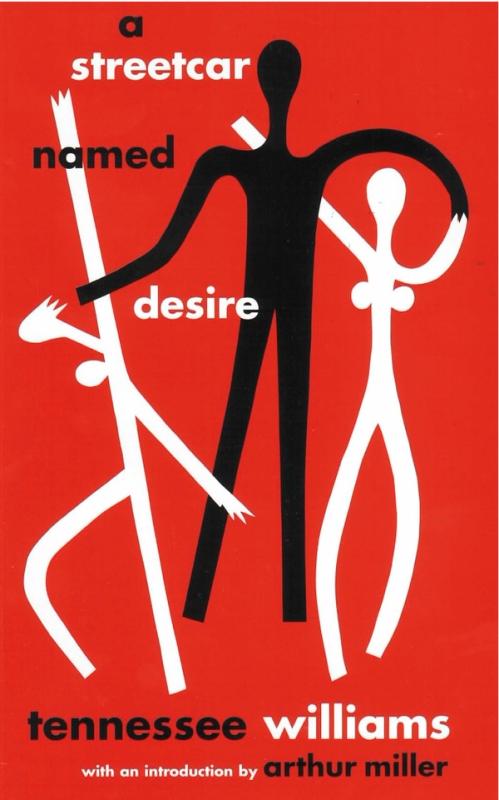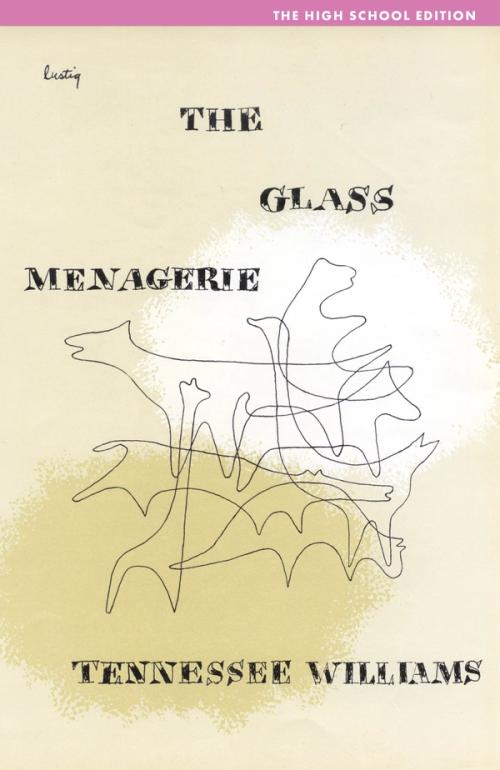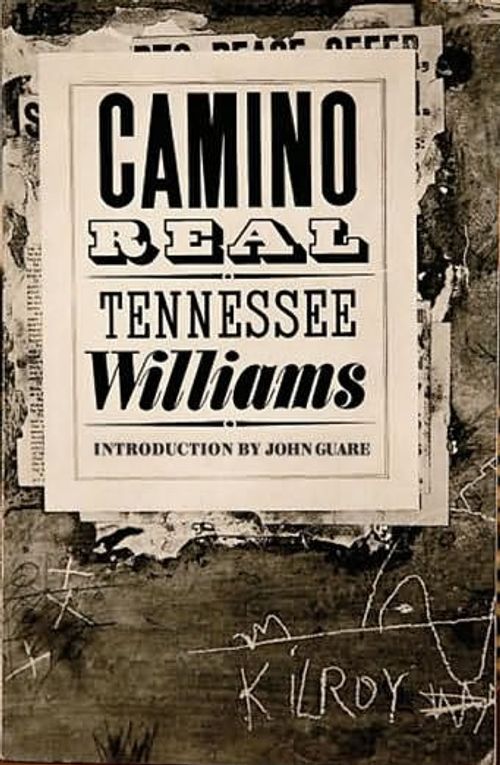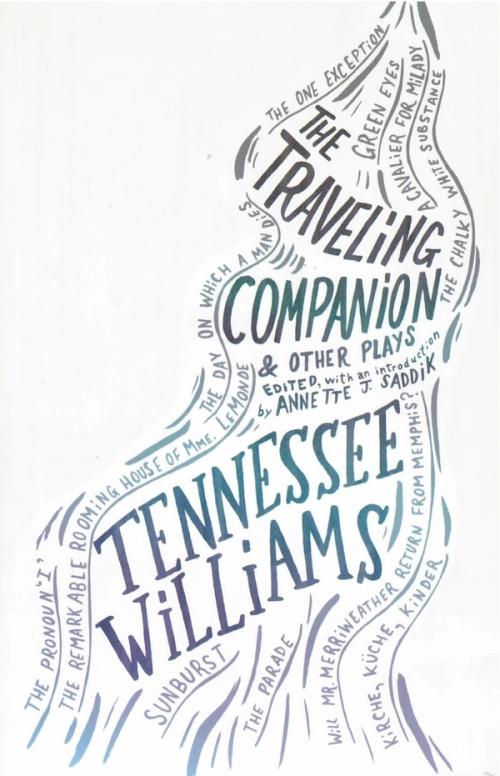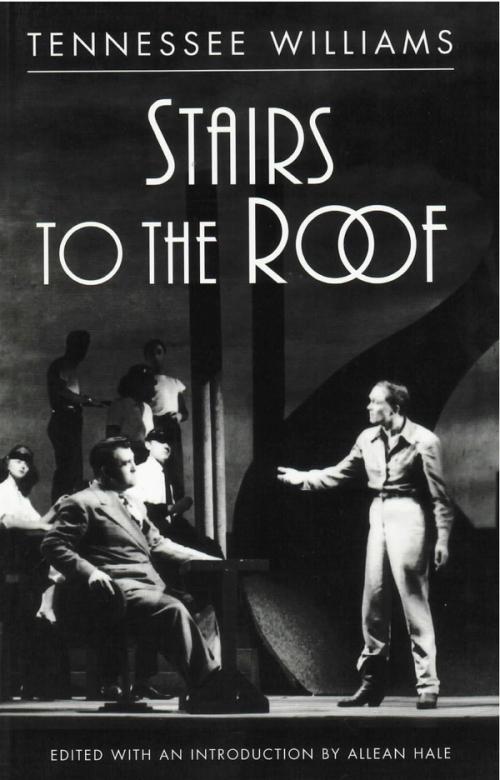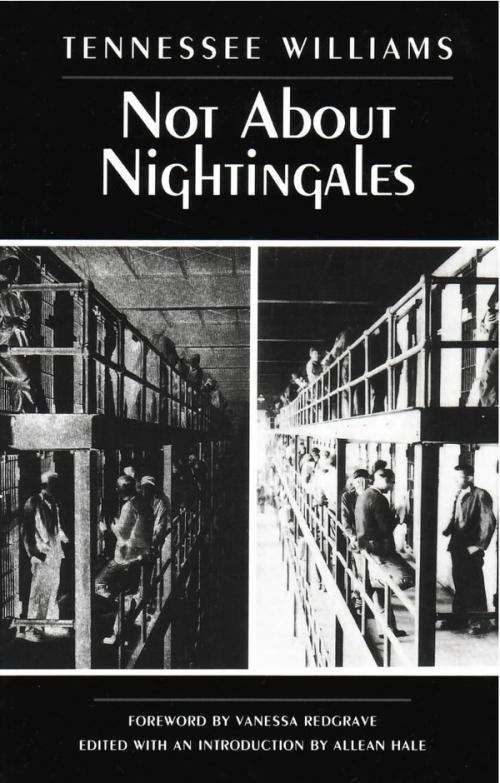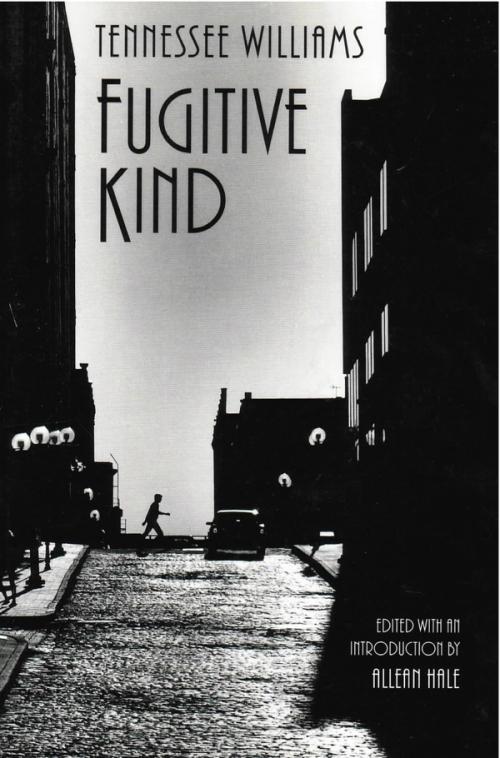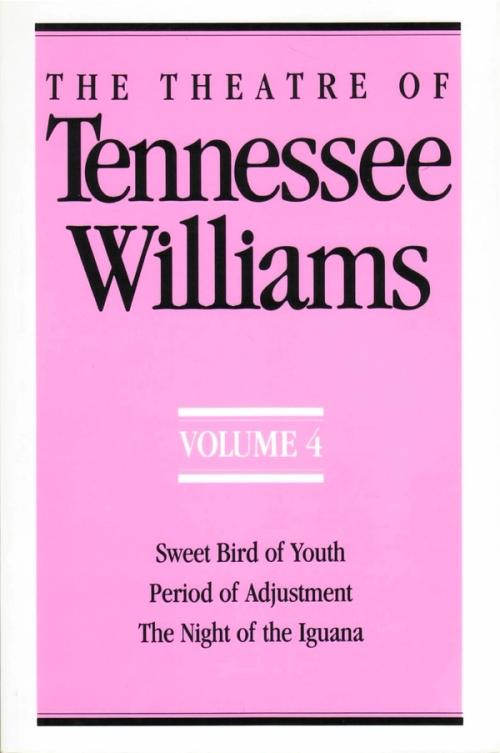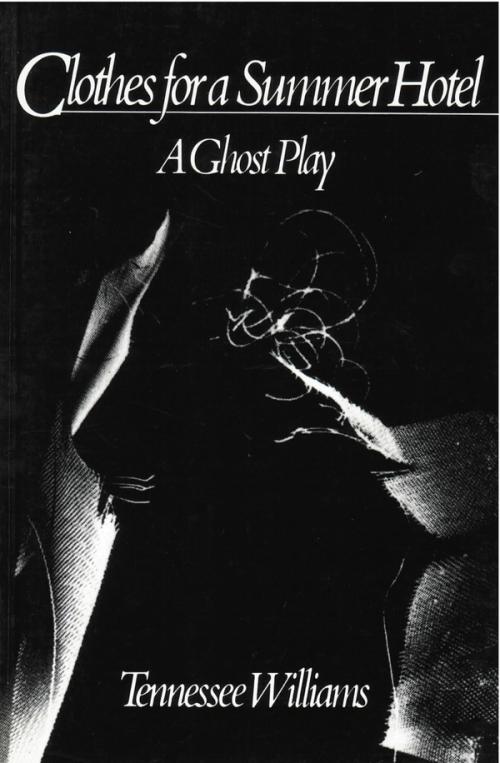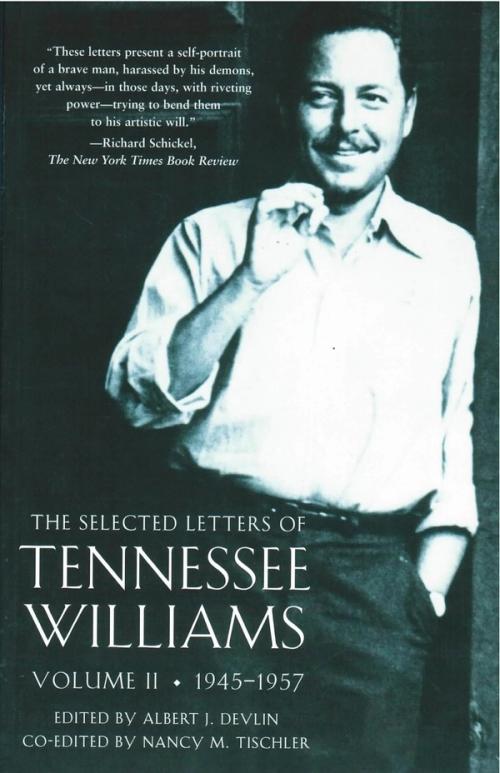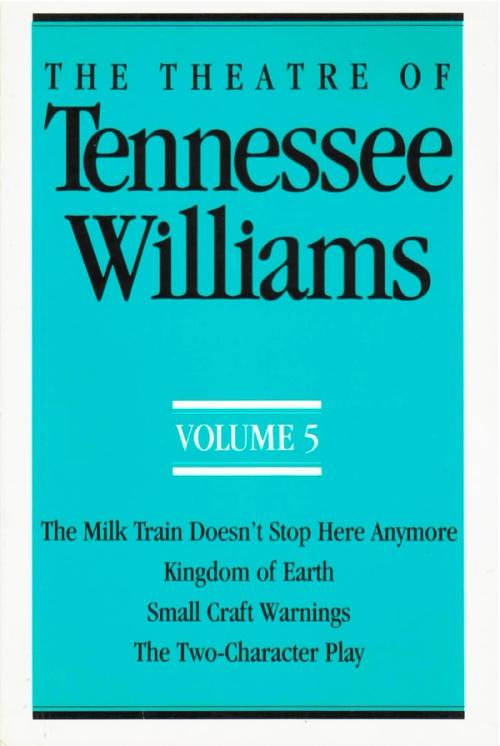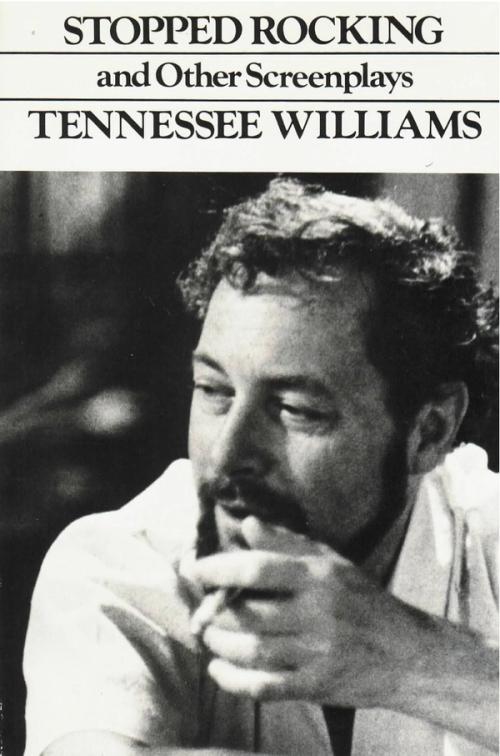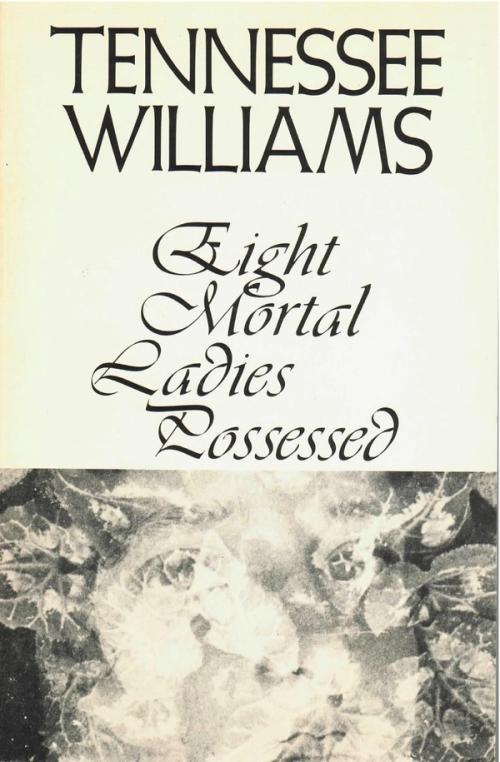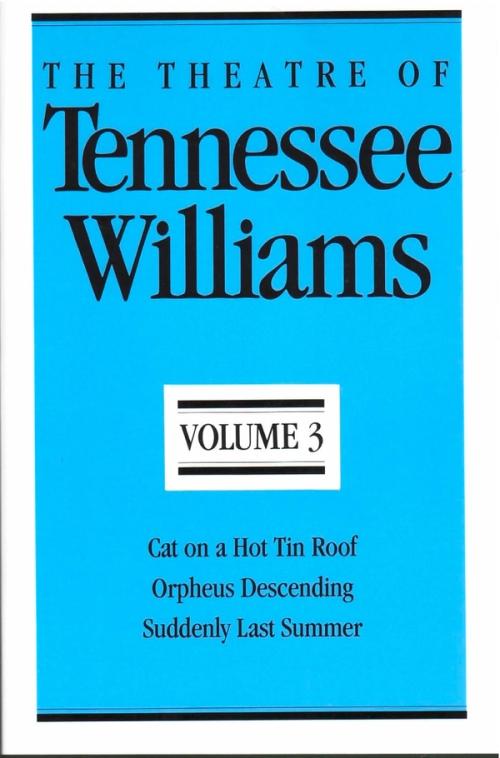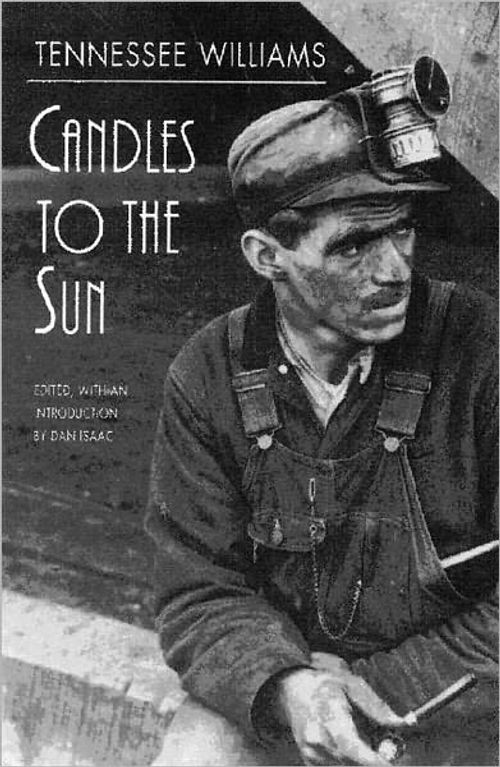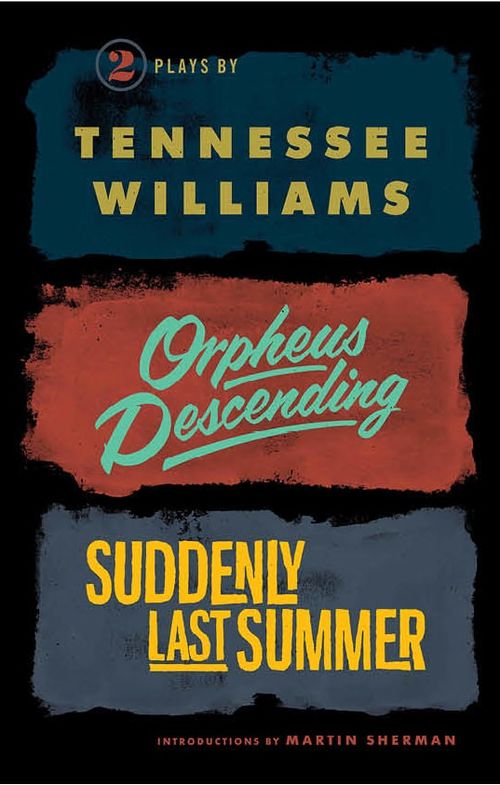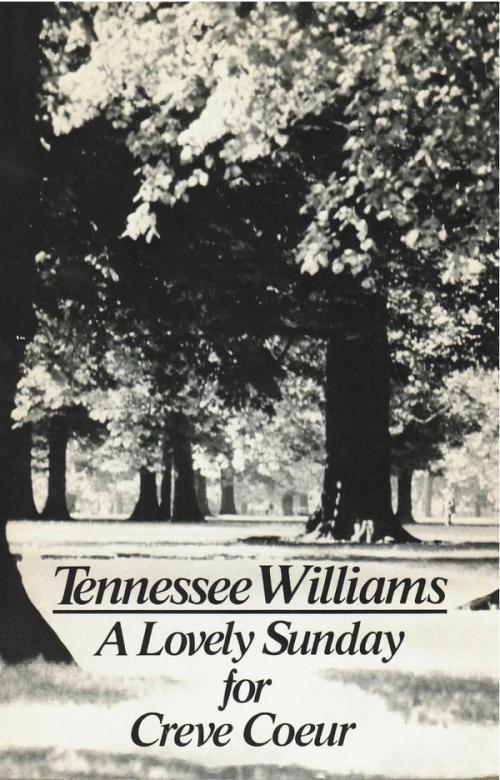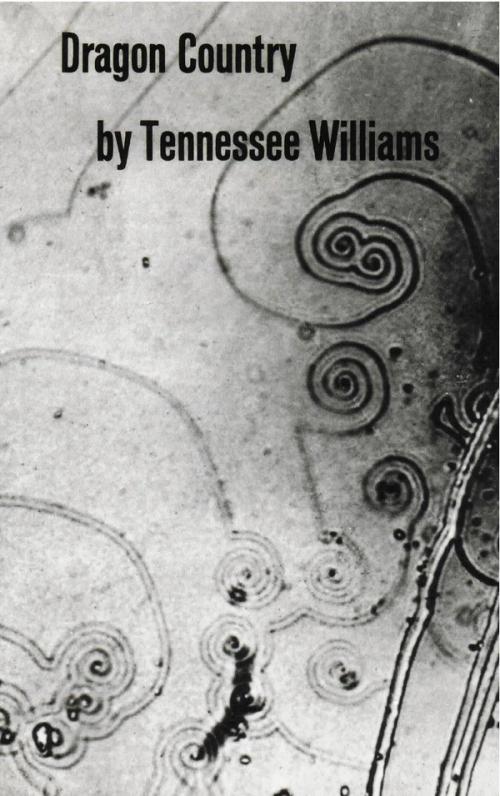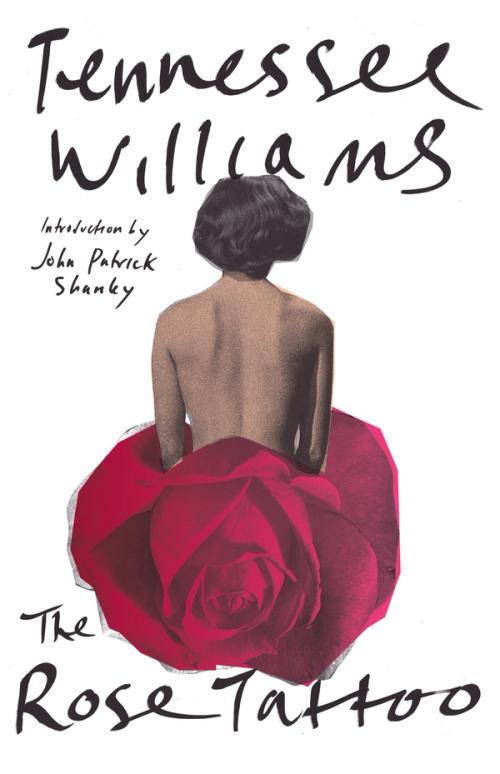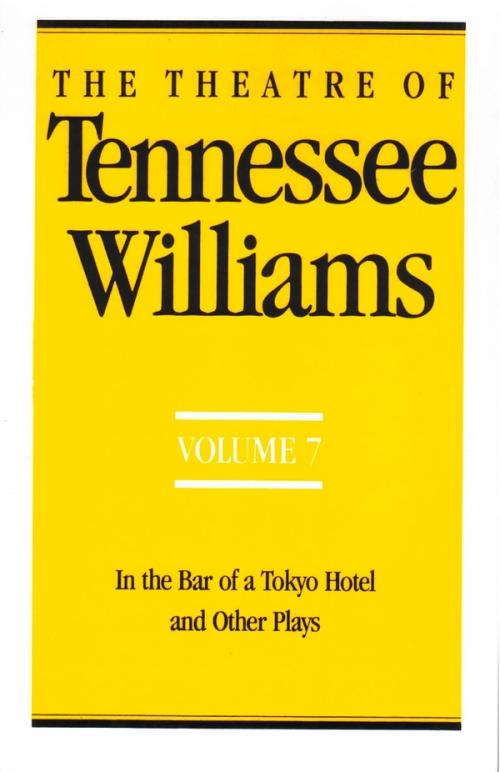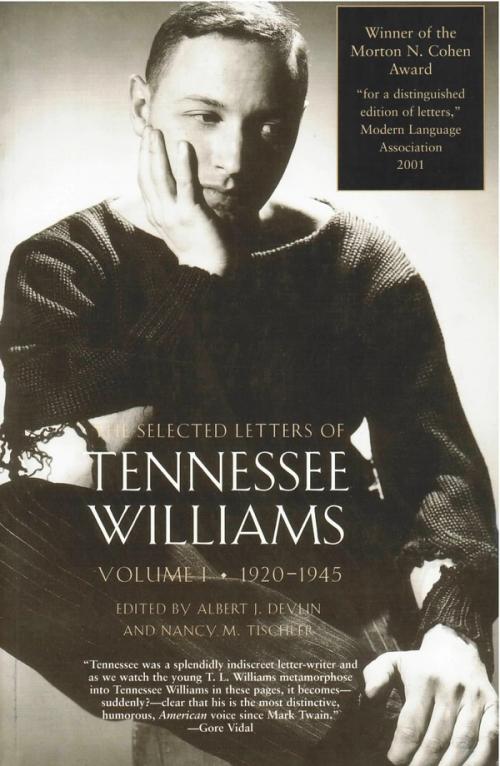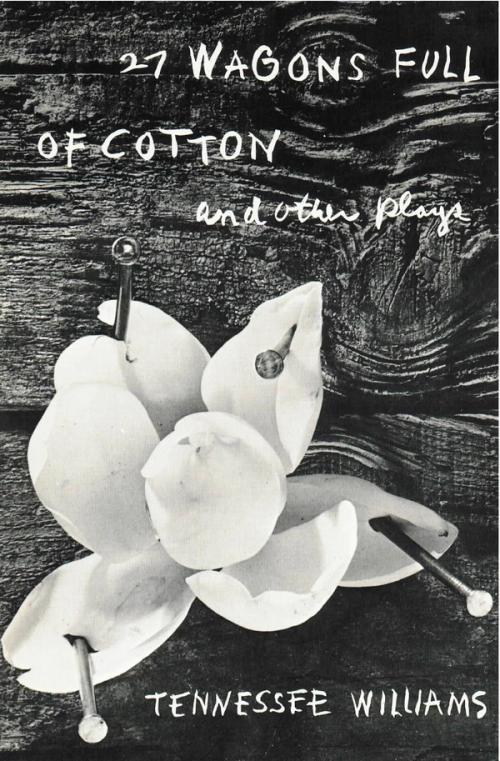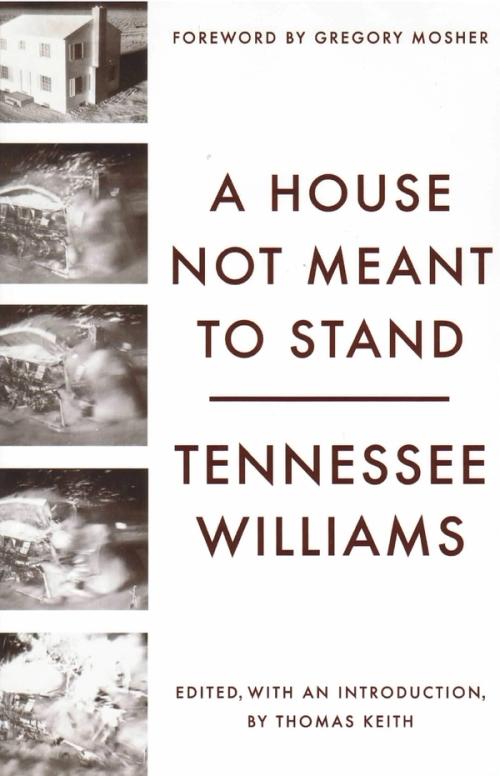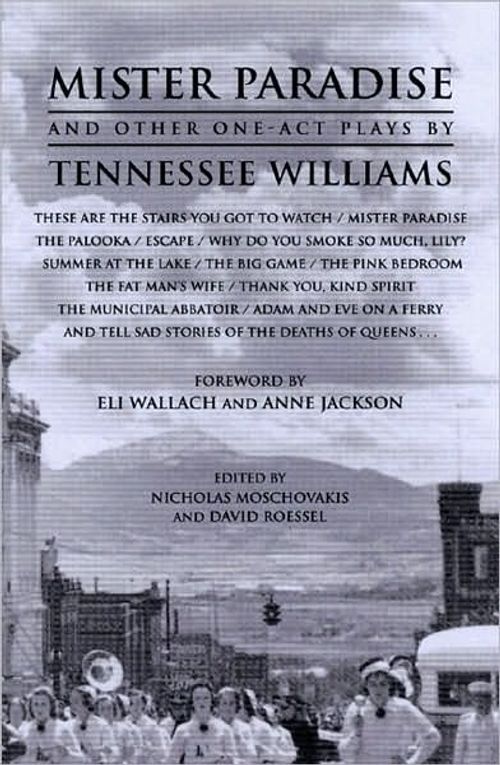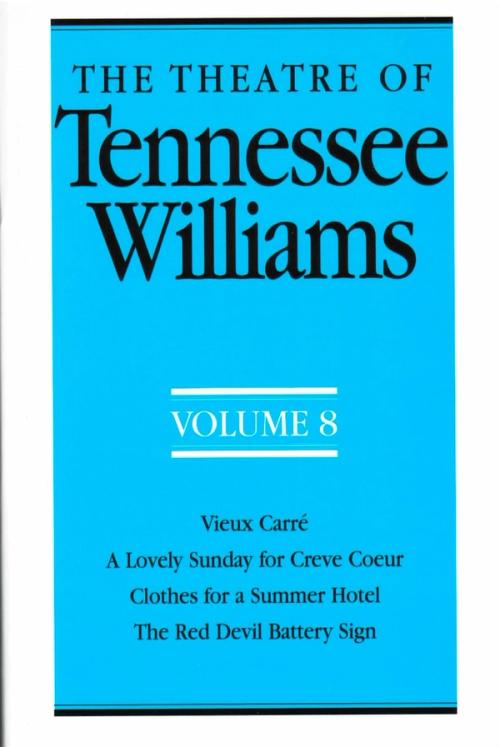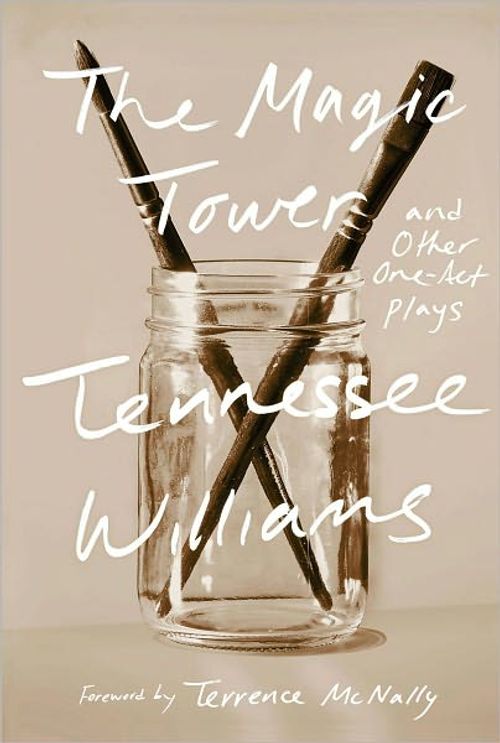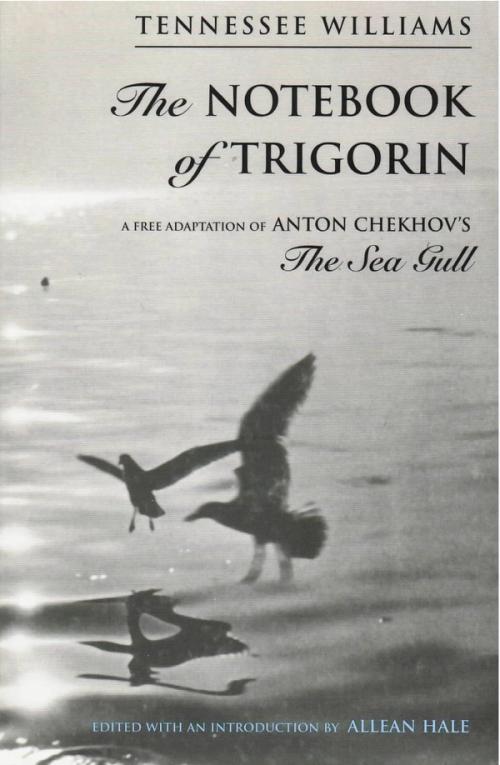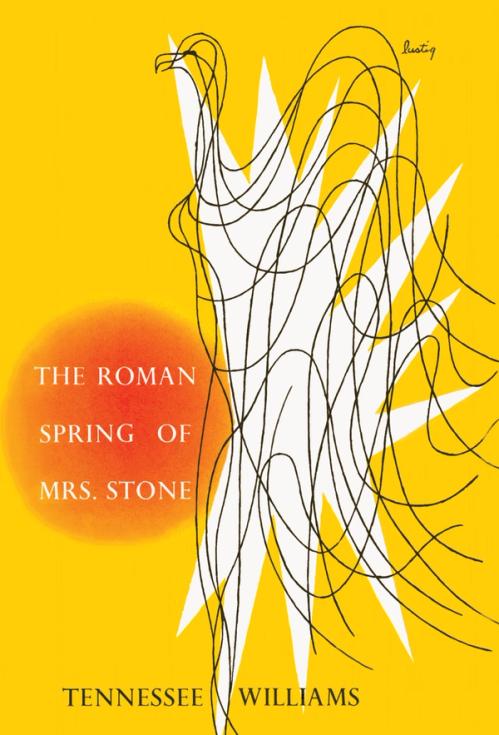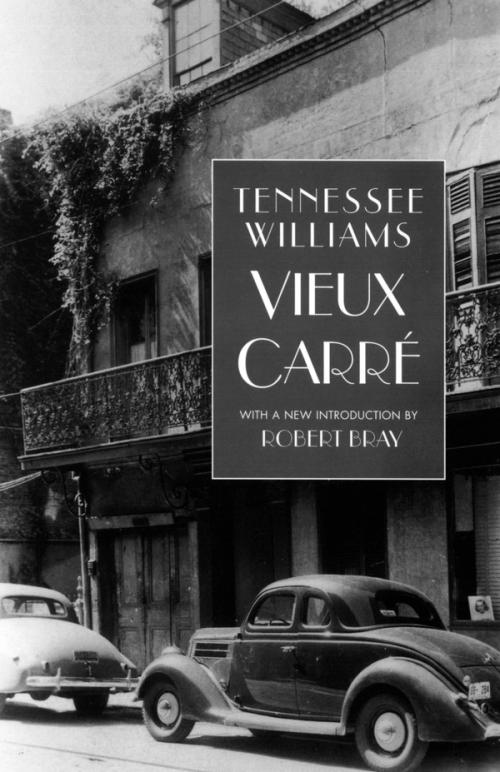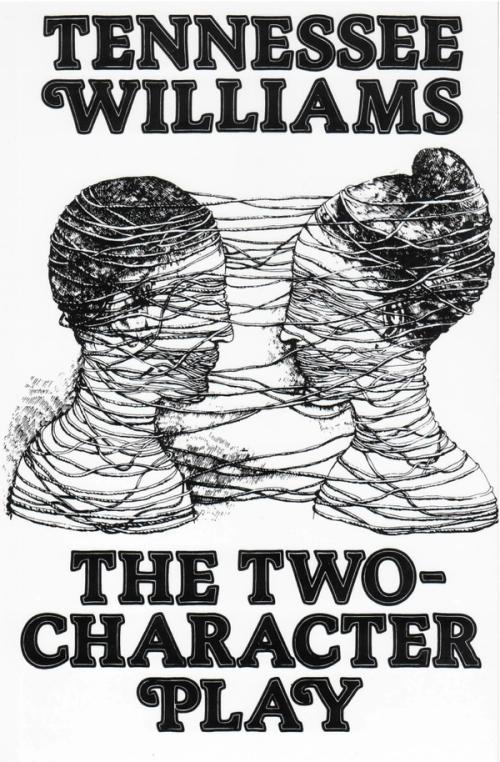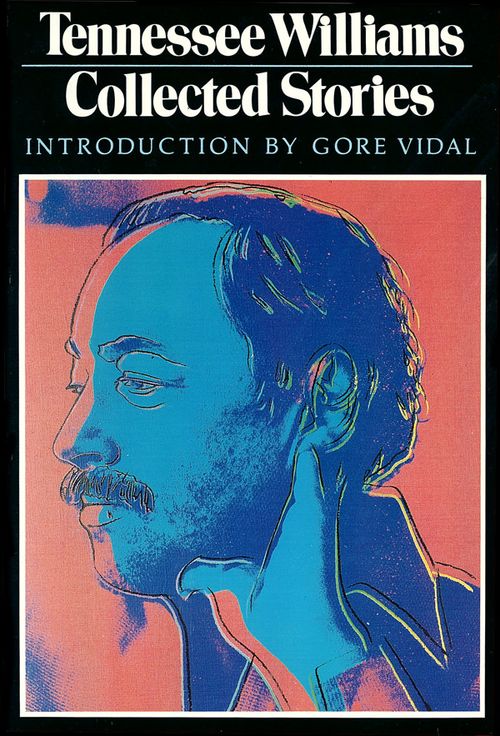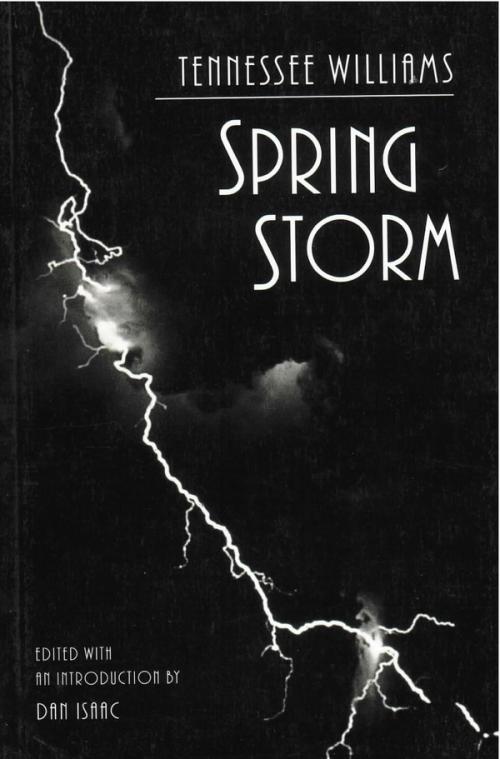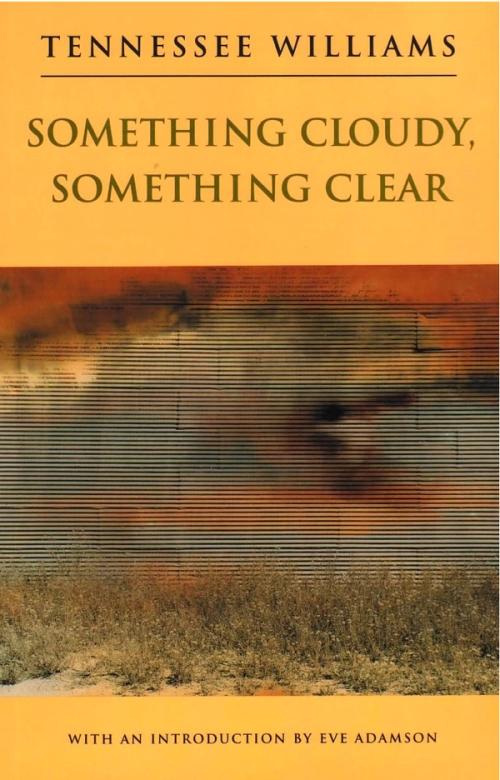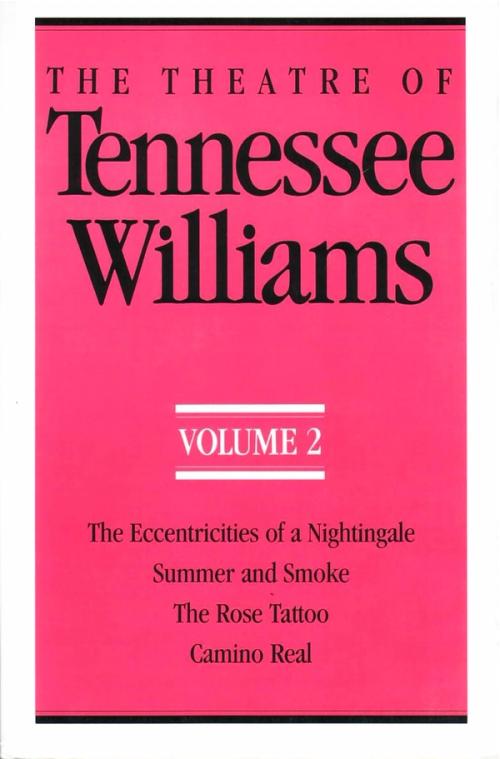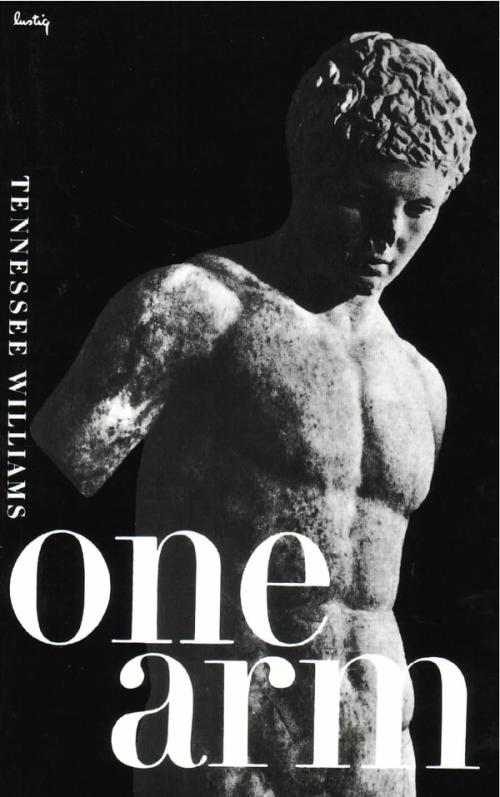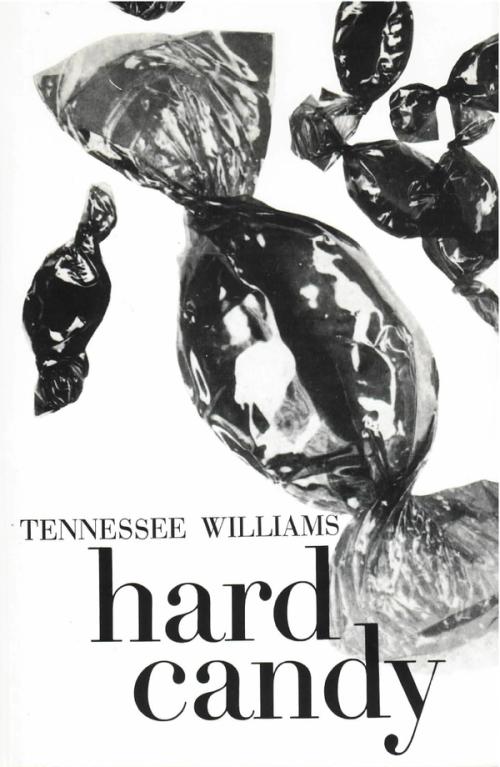The Red Devil Battery Sign
Theater by Tennessee Williams
It is not widely enough appreciated that in his late plays Tennessee Williams had become a largely experimental playwright who, in the words of one London critic of The Red Devil Battery Sign, “bursts the seams of the theatre.” Williams is our great poetic visionary and in The Red Devil Battery Sign the vision has become nightmare, the nightmare of a corrupt and decadent civilization on the brink of destruction. The Red Devil Battery Company (which first appeared in the 1966 novella, “The Knightly Quest”) is Williams’ symbol for the military-industrial complex and all the dehumanizing trends it represents from mindless cocktail party chatter to bribery of officials, to assassination plots directed against those who won’t play the game, to attempted coups by right-wing zealots. Trapped in a surreal Dallas landscape (lit by the flickering menace of the Red Devil billboard) are the Woman Downtown––the abused daughter of a crooked Texas politician and electro-shocked wife of the Red Devil president––and King, once the leader of a mariachi band, but now dying of a brain tumor and demeaned by being his hard-working wife’s “invalid dependent.” And in wordless counterpoint to the hallucinatory plot of the Woman and King’s affair are heard the mariachi guitars strumming life’s illusions and the wolf-like cries of roaming gangs of homeless youths poised on the outskirts of the city. “No one can write better [than Tennessee Williams] of the brief passion of two victims of life’s dirty tricks,” wrote the Daily Mail’s Peter Lewis of the 1977 London production on which this edition is based.
Paperback(published May, 01 1988)
- ISBN
- 9780811210478
Clothbound(published May, 01 1988)
- ISBN
- 9780811210461
- Price US
- 14.95
